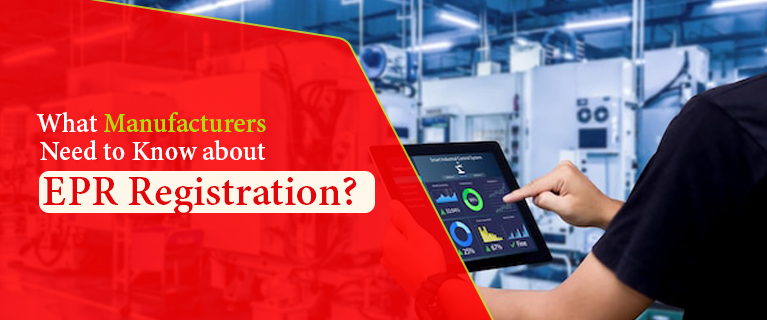Is EPR Certification Mandatory In India?
Since the 1990s, India has been aggressively attempting to modify its waste management policy by studying effective international models. India was a signatory to the Basel Convention and other international agreements that addressed the concept of shared responsibility among the participating governments, including the Stockholm Convention (2006) and the Rotterdam Convention. However, the waste management industry saw the need to create a clear SOP for recyclables and reuse. This called for the use of resourceful organisations with an awareness of the value of the waste, as well as a target-oriented strategy. Thus, India's EPR Policy came into being. The EPR Policy's foundational tenet of Polluters Pay shifted responsibility for waste management from the government to PIBOs. The recyclers and processors of plastic and electronic waste soon converted this obligation into an opportunity. The private sector turned managing plastic and electronic garbage into a lucrative and successful business.
EPR Policy for Producers of Electronic Development
Producers, Importers, and Brand Owners of electrical and electronic equipment must submit an application for EPR certification to the Central Pollution Control Board (CPCB) in order to be included in the Schedule I of the E-Waste Management Rules. The E-waste Management Rules in India have made the annual collection of particular percentages of e-waste mandatory under the country's new EPR Policy. After accounting for the typical life of the equipment, the annual targets for e-waste collection are set based on the amount of electronics sold on the consumer market in the previous years. The CPCB issues an EPR Certification or Authorization in Form 1(aa) within 120 days, and it is good for five years. While the CPCB certifies EPRs, the appropriate State Pollution Control Boards/Pollution Control Committees (SPCBs/PCC) keeps an eye on the issue.
Read Also This - Is EPR Certification Exempted For MSMEConcerns with the EPR Policy in India
In India, the EPR policy was focused on outlining clear roles and objectives for each stakeholder. By incorporating clauses to penalise PIBOs for missing their targets through environmental compensation and carry forward their unfulfilled targets, it might help in boosting EPR compliance. However, it can be difficult and time-consuming for new business owners to comply with these regulation changes. PROs have aided numerous firms in bringing much-needed accountability, coordination, efficiency, and clarity to waste management. However, the PIBOs' aims have been dramatically raised.
Conclusion
E-waste and plastic garbage are major issues, and management is immediately required. Waste management regulations have been a key instrument in reducing pollution. Fast-growing economies like India still have a lot to overcome in this area. Previously, the government was responsible for handling waste. That didn't seem to solve the issue at its root, thus it was unsuccessful. The effectiveness and scope of the Waste Management Rules were improved with the implementation of EPR in the management of plastic waste and e-waste. EPR Policy in India is the outcome of in-depth research into consumer behaviour, waste management techniques, and other effective EPR Policies in other nations. EPR Certification shouldn't be considered a separate expense for the company. Prior to the implementation of EPR, all taxpayers were responsible for the expense of recycling. This cost has been transferred to the product user with the advent of EPR. PIBO may still impose this additional fee on customers, but only those who actually utilise the product will be responsible for paying for Waste management.
Read Also This - Is EPR Certification mandatory



Comments
Post a Comment